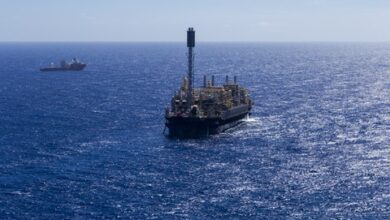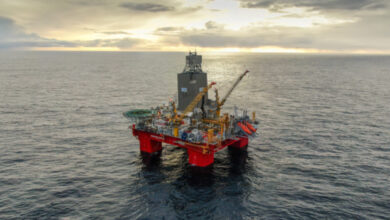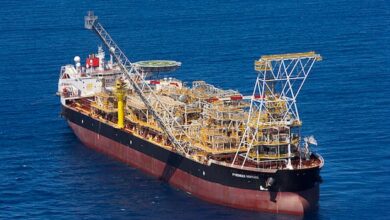API: Vessel restrictions would reduce GOM energy production by nearly 25% by 2040
The American Petroleum Institute (API) has released analysis outlining the potential consequences of new vessel restrictions on American oil and gas workers in the US Gulf of Mexico (GOM). The study, conducted by the Energy and Industrial Advisory Partners, finds that the recently proposed restrictions on oil and natural gas vessels operating in the GOM would have a major impact on oil and natural gas production in the region. This would result in a nearly one-quarter decline, or more than 500,000 bbl/day of oil equivalent, in energy production in the GOM by 2040.
The analysis was submitted to the National Marine Fisheries Service (NMFS) alongside joint comments from API, EnerGeo Alliance, Independent Petroleum Association of America and the National Ocean Industries Association in response to the NMFS’ proposal to designate Rice’s whale critical habitat in the GOM. Among them, the associations highlight the industry’s commitment to environmental stewardship and habitat conservation in the areas in which they operate but argue that the proposal is not supported by the best available science, lacks a comprehensive evaluation of known economic costs and fails to comply with the Endangered Species Act.
“Energy production in the US Gulf of Mexico is critical for not only meeting current and future energy demand, but also for supporting conservation programs, driving state and local economies and helping the US meet our emissions reduction goals. At a time when offshore production in nations around the world is needed, this proposal could increase reliance on foreign regimes for our energy and may compromise US energy security,” said Holly Hopkins, API Vice President of Upstream Policy.




